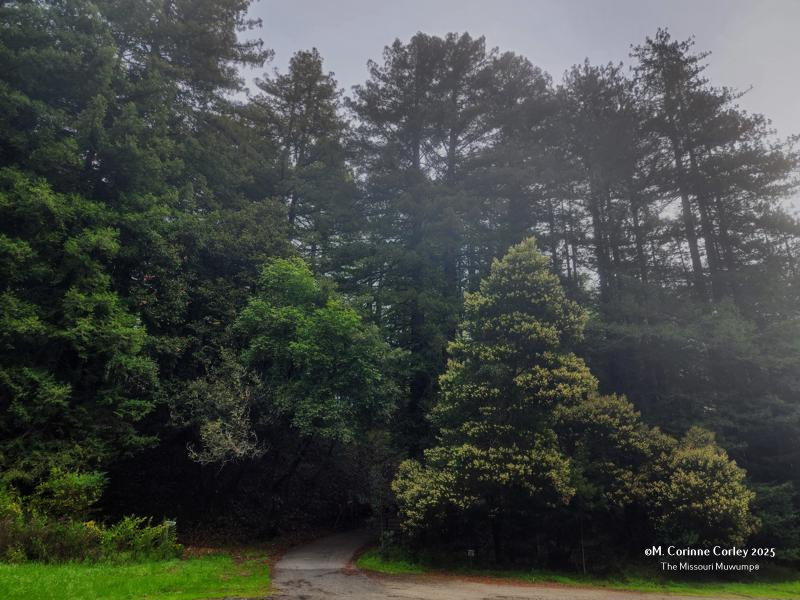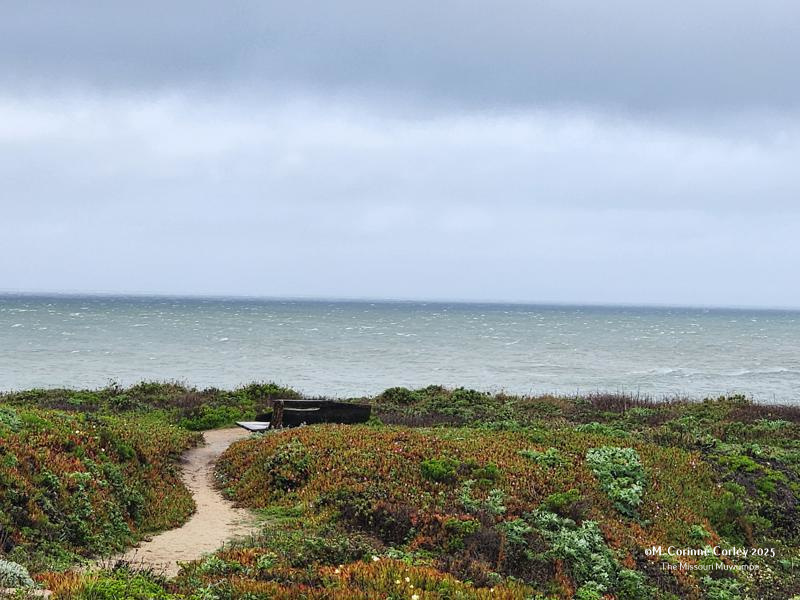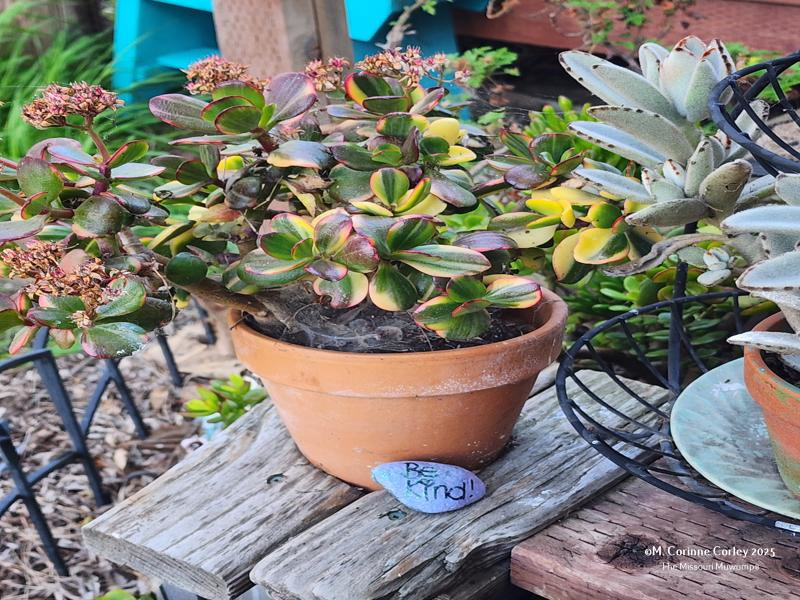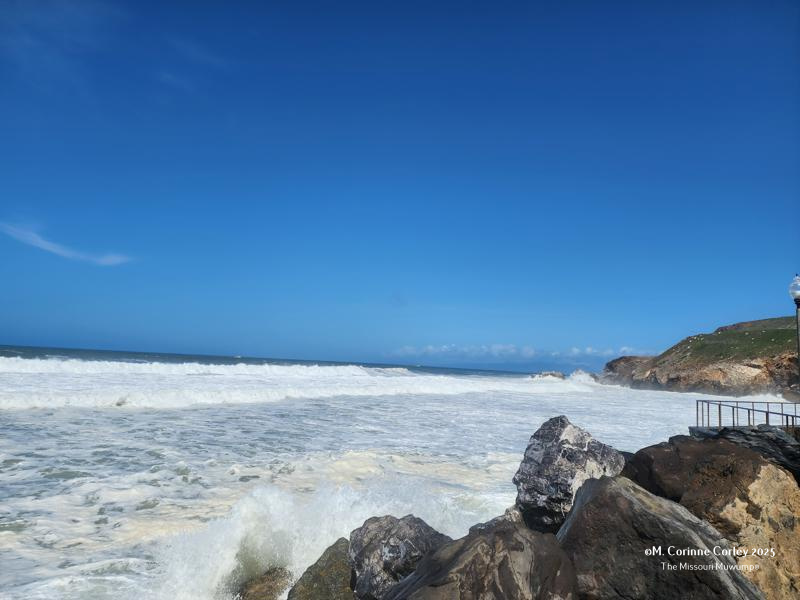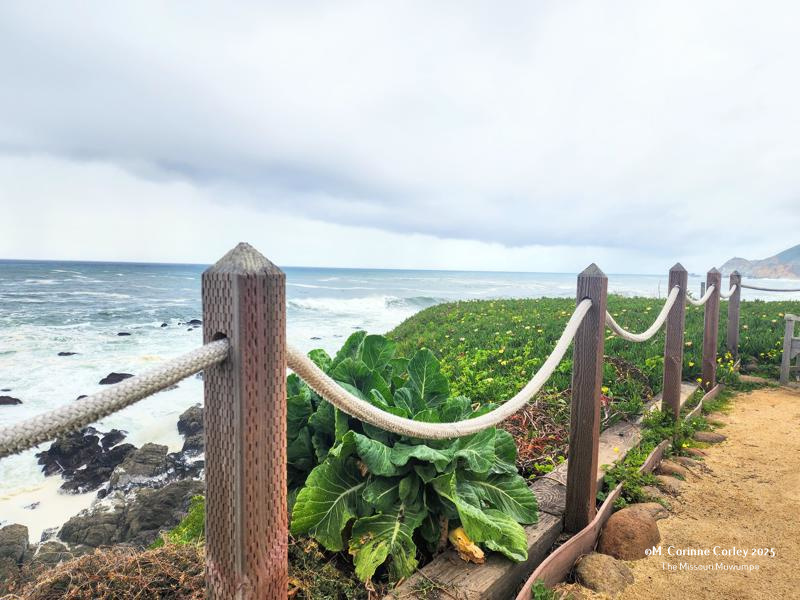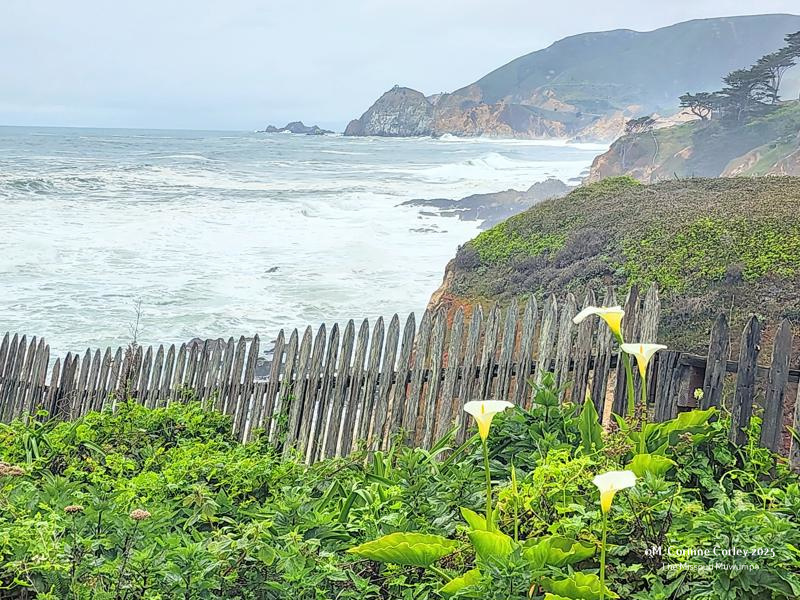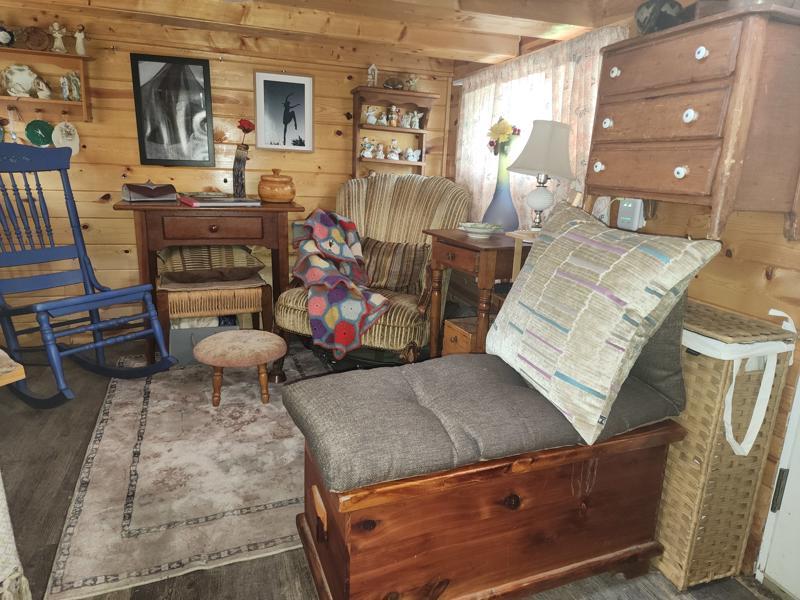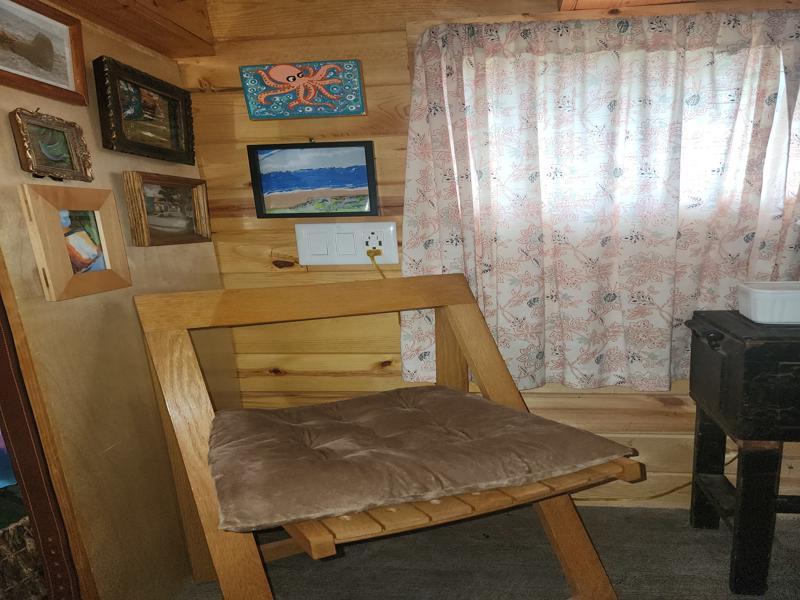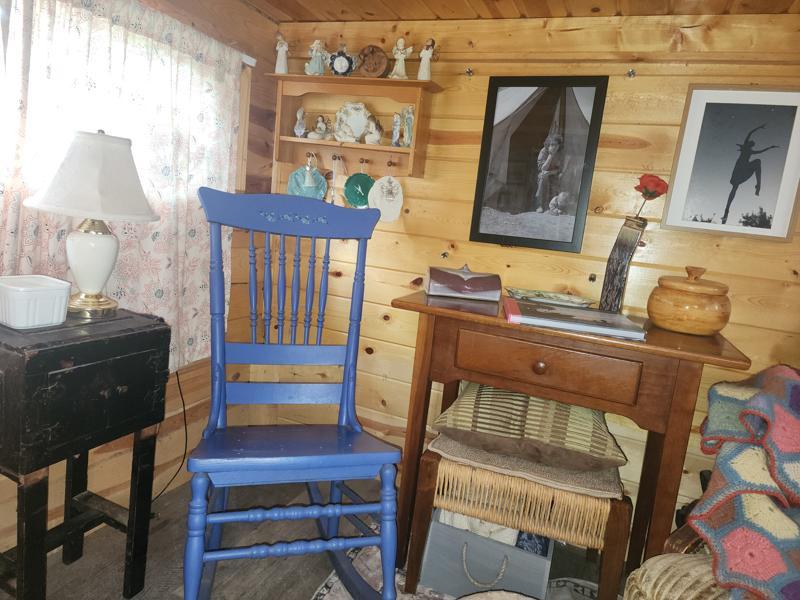The first time I got pregnant, I miscarried in the bathroom of my childhood home.
At the time, I lived in a South St. Louis apartment and had just started graduate school at St. Louis University. Six months prior, my mom had sent my oldest brother across country to fetch me home from Boston. As we dipped down the exit ramp to I-70 near the Gateway Arch, I leaned against the window of my mother’s car and fixed my dull gaze on the blue eyes reflected there.
I sat on the toilet in a pool of blood while my mother banged on the door, demanding entry. “It’s not locked,” I finally summoned the strength to say, and she slipped inside. She studied my face, then the floor. “Get in the shower,” she instructed. “I’ll clean up.” Ten minutes later, she wrapped me in layers of cotton, slipped me into bed, and put a cup of hot tea on the bedside table. She murmured words of instruction, some from herself, some from whatever doctor from her work she found on call that evening, probably a cardiologist, since she ran the EKG department at the county hospital.
I turned my face to the wall, pulled the blanket close, and fell asleep with salty tears still damp on my cheeks.
A decade or so later, another county doctor, this one in Arkansas, explained that my kidney infection had caused me to lose the child that my first husband and I so desperately hoped would save our marriage. We both understood the risk of holding a faltering relationship together in such a dysfunctional way, but we each wanted children and figured it could work. Weeks later, he stood arguing with me as I loaded what I could into my Nissan Sentra and headed to a new job in Fayetteville, without him, without even a copy of our marriage certificate.
In early 1991, I faced the grim situation again, alone at my house in Winslow. Cold, dreary, sad — all of those things, and angry, too — I begged the service to page my midwife or the OB-GYN for whom she worked. An hour later, the two of them peeked over the drapes with grins on their sweaty faces, and broke the news: There’s another baby.
Premature labor after premature labor almost cost me that child, too. Women’s ailments always get insulting names. Mine had the awful brand of “cervical incompetence”. My body couldn’t even do what many in the south presume to be its one job.
But I showed them. On 08 July 1991, six weeks before his due date, Patrick Charles Corley entered laughing, twenty-one inches long and weighing 7 lbs. and 10 ozs. to the astonishment of everyone in the labor and delivery room. Several forgettable exclamations preceded the moment when they laid my son across my chest. My friend Laura Barclay leaned against my shoulder and cooed at the infant. I could only stare.
I do not speak for my child; and I will not try to analyze the virtues of my performance over the last thirty-four years. Some might say that I failed; others would insist on my success. Standing here, on the nation’s western edge and twenty-five hundred miles from where he lives, I behold the long stretch of days between my first long draw of his newborn fragrance and our brief exchange on the phone this morning. So many choices that I might not make in the same way fill the days between those moments. So many chances fell away untaken. So many long nights, dark skies, and grey dawns scattered in the years since his birth that I can no longer remember each one.
There is a certain scene from the movie, “When A Man Loves A Woman” that haunts me whenever I try to assess my performance as “Patrick Corley’s Mommy”. Separated from his wife, the husband, played by Andy Garcia, goes first to his daughter and then to his stepdaughter to say goodbye. He leans down to his stepdaughter and tells her, “I’m sorry for all the kinds of daddy that I have and have not been ever since I met you.”
That’s how I feel.
In my son’s childhood, we banged wooden spoons on pots and pans outside to herald the new year, just as I had done in my mother’s front yard. I served the kind of macaroni and cheese that he and his friends preferred, until they started insisting on fettucine alfredo instead. His shelves held books, board games, and Legos. One Christmas, he belatedly disclosed that he had asked Santa for a Batman with light-up eyes. I scoured the stores, increasingly desperate. In one Wal-Mart, I climbed to the top of a stack of returned items just two or three days before Christmas Eve. A sales clerk said, Ma’am, you’ve been searching a long time; did you get what you wanted? and I snapped, No, I wanted a girl.
But I never meant that. I told my son that Santa ran out of light-up Batmans and he believed me. A week later, for no good reason, I strolled through a toy aisle and, to my astonishment, found the damn thing. I bought it at half-price on a year-end sale. I brought it home in secret, wrapped it in left-over Santa paper, and stashed it behind the couch. During Saturday cleaning, i asked my five-year-old to help me vacuum. He drew the heavy box out and carefully removed the paper while I feigned surprise.
I will never forget his upturned face and his whispered words: Mama! He remembered! We must have missed it, hidden back here! He kept that Batman on his dresser for a decade. I never could decide whether I did the right thing, or how long it took him to figure it out.
I put my son through so much. His father left me before his birth. I married when he was eight; divorced before he turned sixteen; and married again during spring break in his second year of college. I will not pretend to speak for him but all of it seems so clumsy now. I wanted to be a good mother. I needed advice so many times and had no one to whom I felt I could turn. My own mother died six years before his birth. My sisters helped as much as they could from far away. But more than anything, I lacked enough knowledge even to formulate the right questions.
Another movie scene: A Thousand Clowns, the main character a bachelor trying to raise his sister’s son. They muddle through a few years before Social Services comes calling. Eventually, the uncle admits that he might or might not have been a good substitute parent to the boy. All I can ask is that he speaks well of me in therapy one day.
I get that.
I’ve always believed that my mother did the best that she could with the hand dealt to her by the universe. She married a man traumatized by combat duty in World War II before informed diagnosis brought help to service members. She bore eight children and worked full-time — when she was not busy changing diapers, posting bail, or despairing. I tried to channel her kindness and some of her tenacity. I asked myself, over and over, What would Mom do? Do that, I would urge myself. But I don’t know whether I guessed right and I certainly do not claim that I did right.
I think about her almost as much as I think about my child. As for Patrick, I tell myself that he has an inner strength that he himself has cultivated, with little or no help from me. I see her gentleness in his eyes. I hear her cadence in his voice. I know, as surely as I know that I am sitting at the desk of my mother-in-law’s antique secretary, that my mother would respect, admire, and cherish my son. She would be so proud of what he has made of himself. She would tell me, Your boy will be fine. He has what it takes. He has an enduring spirit. He has a wise soul.
Mother, oh Mother! I long to see the deep brown of your eyes, to hear your throaty chuckle, to see you skip across the front yard. I crave one more day with you. I want to drive across this country, stop in Jennings to load you into the car, and travel with you to Chicago. We would sit on a bench by the Lake, with my son who has grown to be a man. He would talk of what he has seen and what he has learned. I would stay silent. I would barely breathe. The two of you would rise from that bench and stroll, hand in hand, down the pathway while I held very still. I would turn my face to the heavens and let the breeze gently dry the tears which have for so long lingered on my cheeks.
Mugwumpishly tendered,
Corinne Corley
The Missouri Mugwump®








